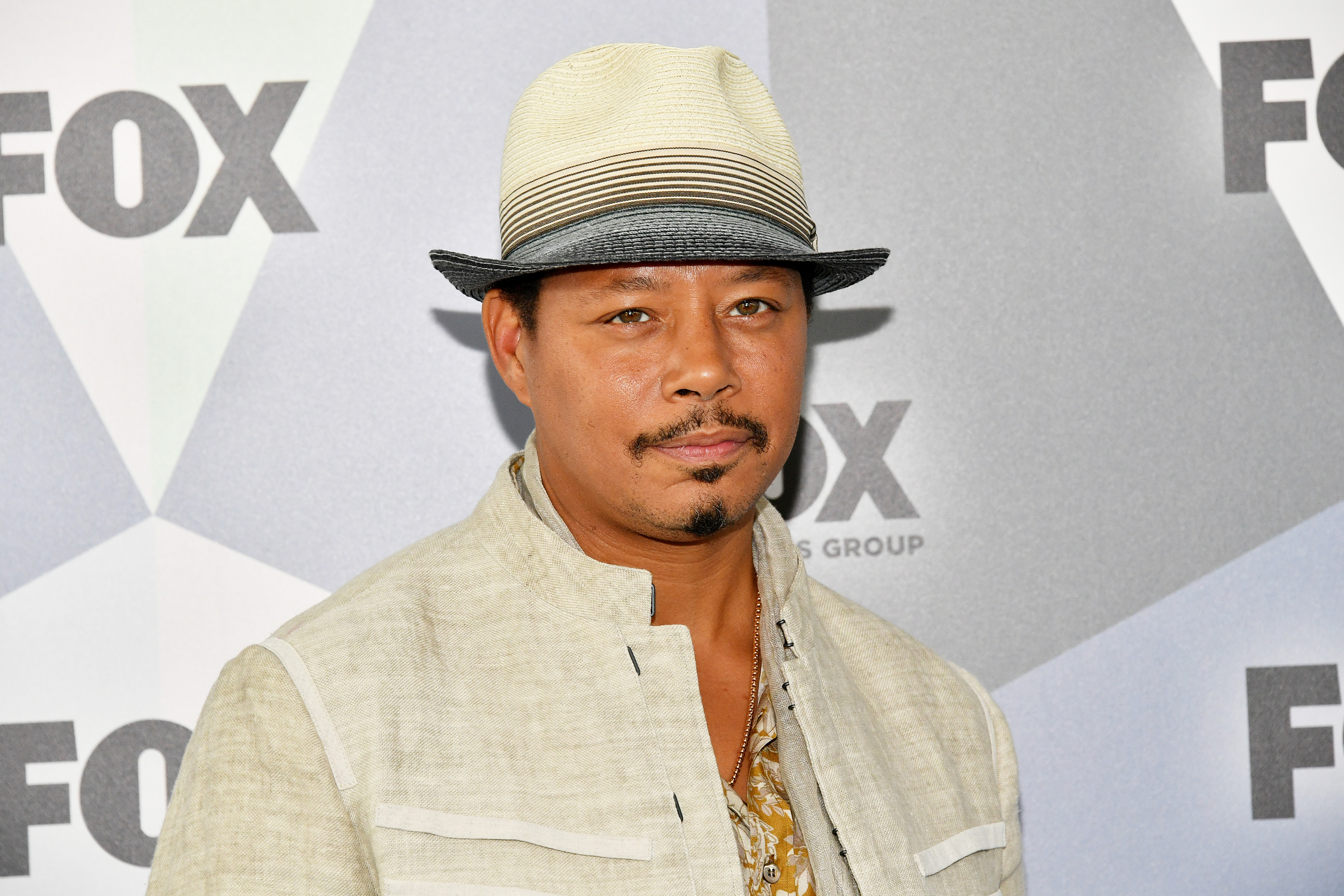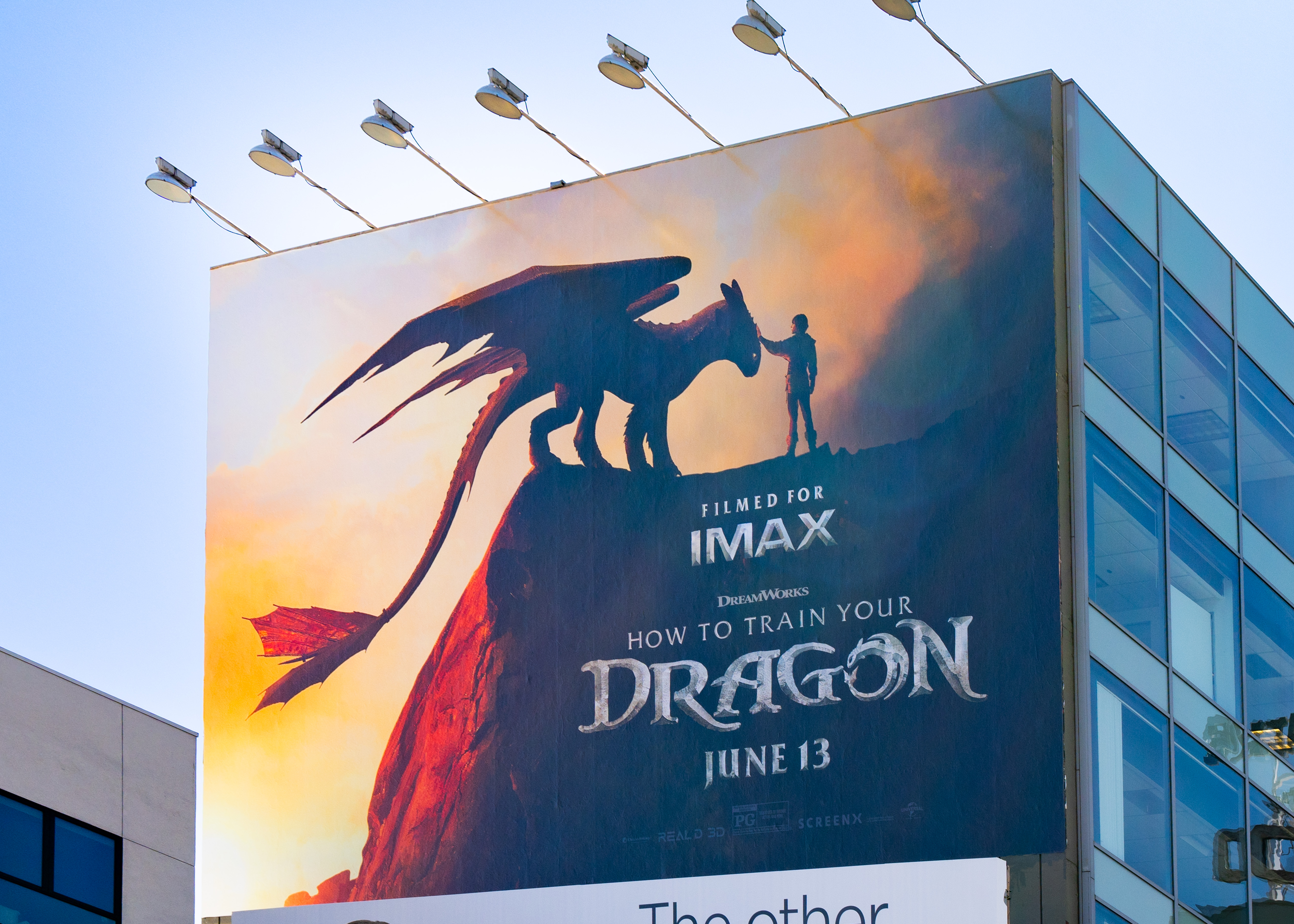Comedian Jerrod Carmichael deftly managed to handle a tricky debut Tuesday night at the Golden Globe Awards, presiding over a celebration of TV and film -- as well as a comeback of sorts for a show that is the most visible product of the scandal-plagued Hollywood Foreign Press Association.
"I'll tell you why I'm here. I'm here because I'm Black," Carmichael said within the first minutes of the Beverly Hills ceremony, immediately addressing diversity issues with the Hollywood Foreign Press Association, the group behind the awards, which have long been a highlight of the Hollywood awards season.
Stream Philadelphia News for free, 24/7, wherever you are with NBC10.
In helming the live broadcast of the awards, Carmichael was a rare Black emcee for a show that has been criticized for overlooking Black projects in film and television.
"I won't say they're a racist organization. But they didn't have a single Black members until after George Floyd died, so do with that information what you will," he continued.
Get top local Philly stories delivered to you every morning with NBC Philadelphia's News Headlines newsletter.
An 2021 investigation into the group by the Los Angeles Times revealed that the HFPA had no Black members, and had not since at least 2002. The report drew widespread outrage, boycott threats, and eventually, for NBC to pull the show off air for 2022.
As Carmichael talked about his decision, the feeling in the room at the Beverly Hilton was a visible mix of uncomfortable and laughter.
Carmichael expressed his skepticism of the depth of the changes the HFPA has made, but said he would have hosted the ceremony anyway.
Entertainment News
"I took this job assuming they hadn’t changed at all," Carmichael said. "I hear they got six new Black members. It’s not why I’m here. Regardless of whatever their past might be, this is an evening where we get to celebrate [each other] and I think this industry deserves evenings like these. I hope we have a little fun tonight."
Untangling the Globes Mess
The Globes were plunged into chaos shortly before a largely remote pandemic 2021 awards show when a Los Angeles Times report revealed that the HFPA, then numbering 87 members, had no Black members. A separate New York Times report showed that the group — an often ridiculed collection of little-known foreign journalists based in Los Angeles — paid its members some $3 million in annual salaries, and detailed a litany of ethical lapses in how the organization regularly interacted with potential nominees.
Under mounting pressure, the HFPA pledged to reform, diversified its membership and changed some of the ways it operates. It now has 96 members, including six Black members, along with 103 nonmember voters. Billionaire Todd Boehly purchased the Globes through his Eldridge Industries, and has begun turning the nonprofit group into a for-profit company.
Is Anyone Still Boycotting?
Reaction to the Globe nominations last month was muted, with few stars publicly celebrating. But only one nominee has stated emphatically that he will not attend: Brendan Fraser. Though nominated for best actor for his performance in “The Whale,” Fraser said he would not participate in the Globes. In 2018, Fraser said he was groped in 2003 by longtime Hollywood Foreign Press Association member Philip Berk. Berk, who is no longer an HFPA member, denied it.
Not expected to attend was Tom Cruise, whose “Top Gun: Maverick” is nominated for best picture, drama. Cruise responded more forcefully to the HFPA revelations than almost anyone in the industry, returning his three Golden Globe awards.
But all studios are again participating in the Globes.
As it has for most award shows, viewership to the Globes telecast has cratered. After the 2020 awards were watched by 18.4 million, the 2021 edition managed just 6.9 million, according to Nielsen. Still, the Globes remain a valuable marketing tool for awards contenders, propping up ads for films in the long stretch between the holidays and the Oscars, which air March 12. Some of this season's top contenders, including Steven Spielberg's “The Fabelmans" and Todd Fields' “Tár," have struggled to attract large audiences.



